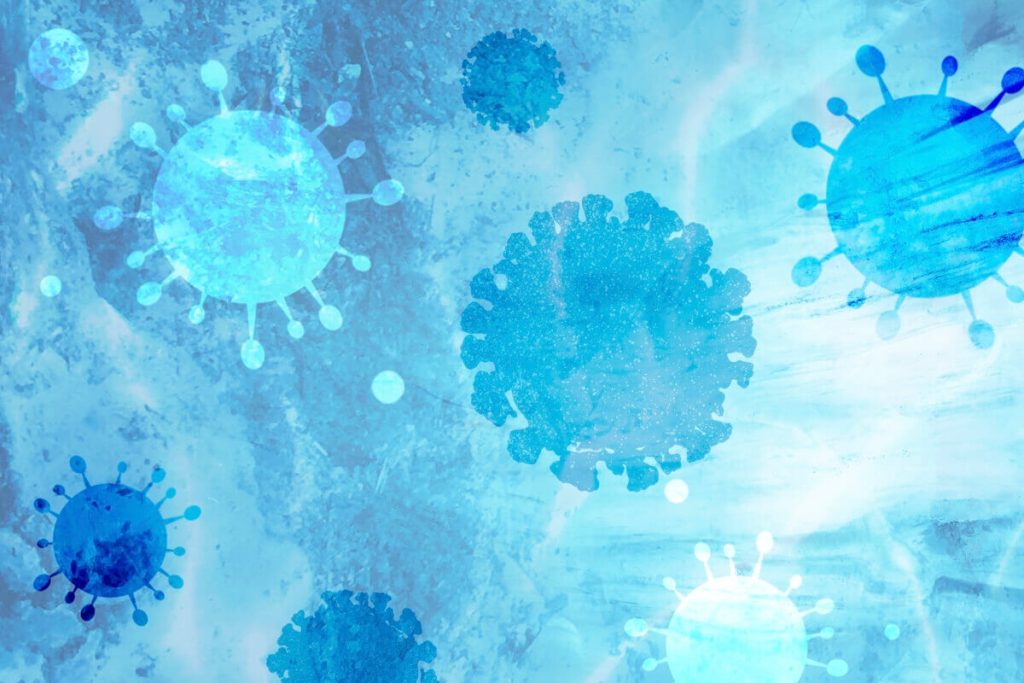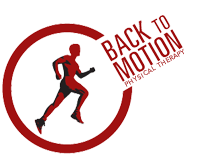Autoimmune diseases are the third most common culprit behind chronic illnesses in the United States. While generally considered to be rare, these types of diseases impact up to 8% of the total population within the country. According to research, the prevalence of these types of diseases is increasing; however, it is not known why. If you are impacted by an autoimmune disease, you know and understand the impact that it has on your life. The good news is, physical therapy is an effective treatment if you have an autoimmune disease.

What is an Autoimmune Disease?
An autoimmune disease is a type of disease where the immune system of the body attacks healthy cells. In other words, the immune system attacks the body, mistakenly. In normal instances, the immune system knows the difference between foreign cells and the body’s own cells.
If an autoimmune disease is present, the immune system may mistake certain components of the body – like the joints – for a foreign body. It is at that time that special proteins are released and they go after healthy cells. These are referred to as “autoantibodies”.
Why Does the Immune System Start Attacking the Body?
Medical professionals are unsure as to what causes the immune system to start attacking the body. There do seem to be certain risk factors involved. These include being female, being between the ages of 15 and 44, and being of certain ethnic groups. For example, lupus is highly prevalent among Hispanic and African American populations. Additionally, environmental factors may play a role.
Examples include infections and exposure to certain substances – such as solvents. Many doctors feel as if inflammation in the body may also contribute. Many believe genetic influences and diet may play a role.
Symptoms
The symptoms of autoimmune diseases vary from one illness to another. Individuals may experience muscle weakness, fatigue, high levels of inflammation, and more. While it is true that there are medical treatments that address the disease – such as steroids, disease-modifying medications, and interferon – it has been found that physical therapy has the ability to reduce the symptoms that are experienced.
The exercises provided aid in increasing strength, improving gait, and increasing the range of motion. As a result, the effects of the disease are successfully counteracted.
What are the Benefits of Physical Therapy for Autoimmune Diseases?
When you initiate interactions with a physical therapist, you will be provided with a regimen that includes stretches, exercises, and other activities that are designed to improve strength, endurance, and flexibility. The program offers the following benefits to those that have an autoimmune disease:
- Pain and stiffness are drastically reduced
- Mobility is improved
- The range of motion is improved
- Neurological coordination is retained; therefore, the risk of falls is reduced
- Strength is improved
- Higher levels of stabilization are achieved
- The ability to fall asleep, stay asleep, and get sound rest is improved
- Unnecessary weight may be eliminated
- Stress levels are drastically reduced
- If depression is experienced, the feelings may be decreased
- Higher energy levels are experienced
- The capacity for exercise is improved
- The heart muscle is strengthened
- Connective tissue and muscle tissue is made stronger
- Muscle stiffness is significantly reduced
- Joint pain may be eliminated
- Bone density improves
- Quality of life is improved

What Type of Exercise is the Best for an Autoimmune Disease Sufferer?
It has been determined that low-impact exercises are best for those with an autoimmune disease. This is because of the fact that these activities are much easier on the back, the knees, and the joints. When working with a physical therapist, you will often find that they create a customized exercise plan that is based on the disease that you have and your individual needs.
Examples of these activities include walking on a treadmill, lightweight training, swimming, simple stretches, and even manual massage therapy in areas highly impacted by disease.
What are the Most Common Treatments for Autoimmune Diseases?
Generally speaking, an autoimmune disease cannot be cured; however, there are many treatments available that help control the symptoms associated with the disease. The following outlines these treatments:
- Anti-Inflammatory Medication – This treatment aids in reducing pain and eliminating inflammation
- Corticosteroids – This treatment helps in reducing inflammation and treating a flare-up of the symptoms associated with the disease
- High Dose Immunosuppression – This treatment uses drugs that are designed to suppress the immune system so that a flare-up of symptoms is not experienced
- Pain Medication – These medications aid in reducing the pain that is experienced with the autoimmune disease
- Physical Therapy – This treatment helps alleviate symptoms and aids in both encouraging and improving mobility levels
- Surgery – If the autoimmune disease results in complications in the body, surgery may be used to reverse and/or resolve those complications
- Treatment for a Deficiency – If the autoimmune disease results from a deficiency, treatment may be given – such as insulin with diabetes – in order to address that deficiency
Types of Physical Therapy Used in Those with An Autoimmune Disease
Autoimmune diseases make life quite challenging. The treatments used in physical therapy are done to improve the quality of life of the sufferers.
Physical therapy and rehabilitation aid in alleviating pain, stiffness, and inflammation, rebuilding muscle tissue, improving dexterity, optimizing function, and eliminating the possibility of the development of a deformity. The following outlines the most common types of exercises and procedures used in physical therapy for an autoimmune disease:
- Assistive Devices – If full function is impacted and cannot be restored, many physical therapists will introduce assistive devices to aid in activities of daily living.
- Thermotherapy – This utilizes a cold source or a hot source of a contrast bath that includes water submersion to help in alleviating pain. Examples include hot packs, ice massage, and even ultrasound therapy.
- Hydrotherapy – This is a treatment that involves exercises in water. The water is typically warm and the antigravity effects aid in alleviating symptoms.
- Electric Therapy – There are several types of electric therapy that may be used. These include a TENS unit, interferential current, low-level laser therapy, and therapeutic ultrasound.
- Therapeutic Exercise – There are many types of exercises that may be used to assist those with an autoimmune disease. These include exercises on land and in water. Recreational, occupational, aerobic, muscle-strengthening, balance, core stability, flexibility, and daily-living exercises.
Body Disruptions
Individuals that have an autoimmune disease have disruptions in their musculoskeletal system and impairment with their QoL. To assist in easing the overall burden of the symptoms that are experienced by the patient and the functional-based deficits that occur, physical therapists will create a customized exercise plan that will benefit the patient. We here at Back to Motion Physical Therapy specialize in these customized care regimens. If you have an autoimmune disease, we are standing by to assist you.
Contact Us
To schedule an appointment for an evaluation, contact us here at Back to Motion Physical Therapy today. We offer a wide range of services to our clients. Examples include dry needling, vestibular therapy, balance training, an anti-gravity treadmill, smart fit, and more. We are capable of creating customized care plans for any and all parts of the body.
It does not matter what type of autoimmune disease you have, we have a treatment that can assist you! If you are in search of rehabilitation that can help you move easier, experience less pain, and live the highest quality of life, contact us today. You may reach us by calling the following number: 303-832-5577
